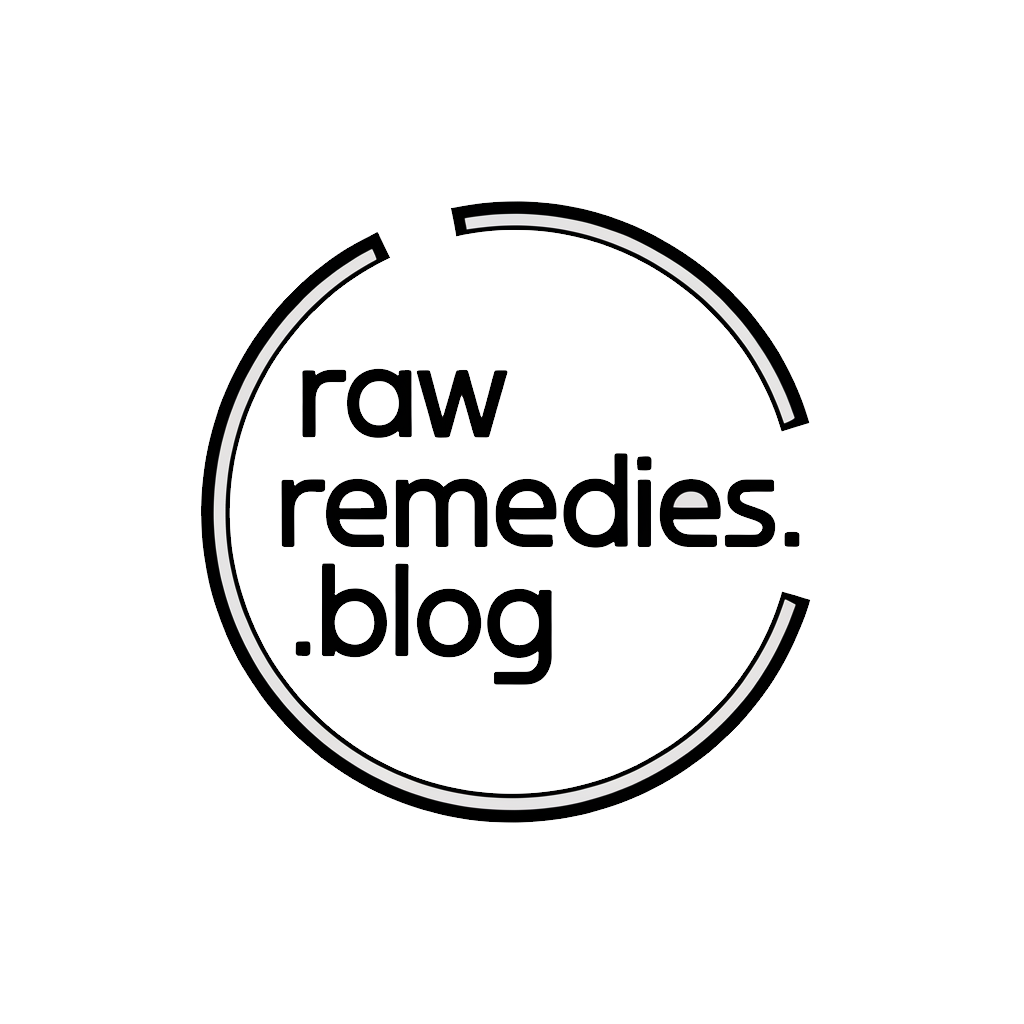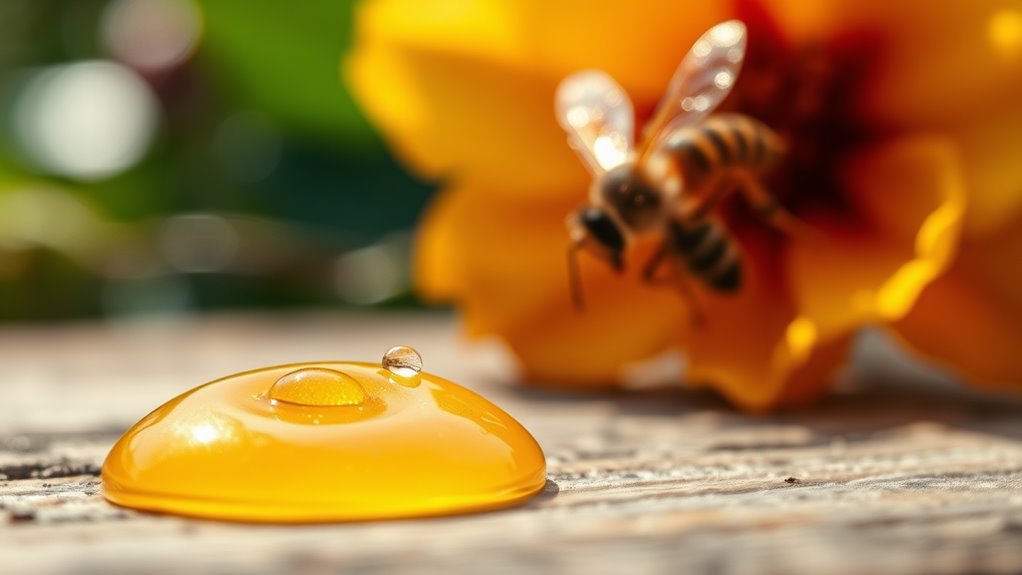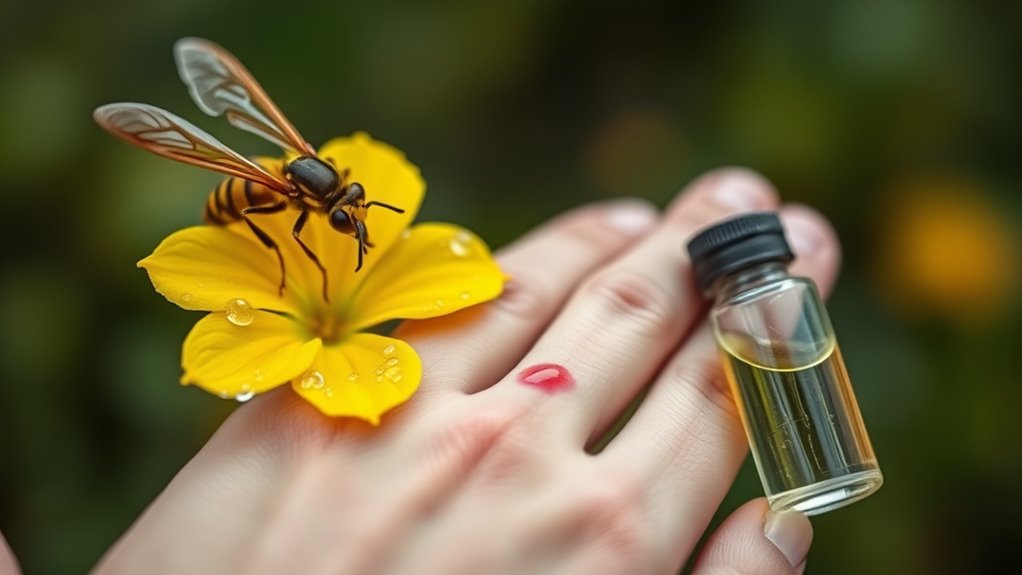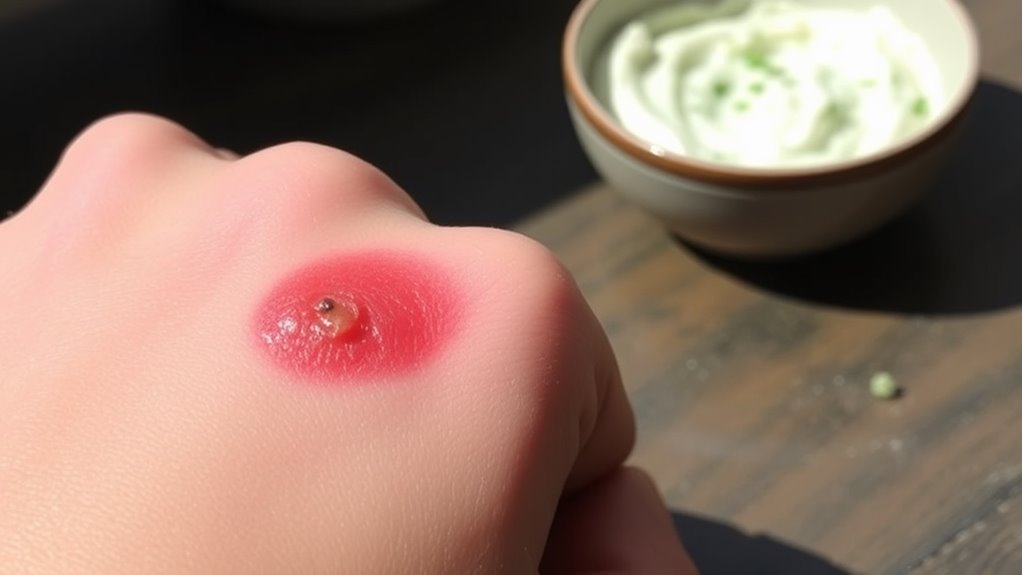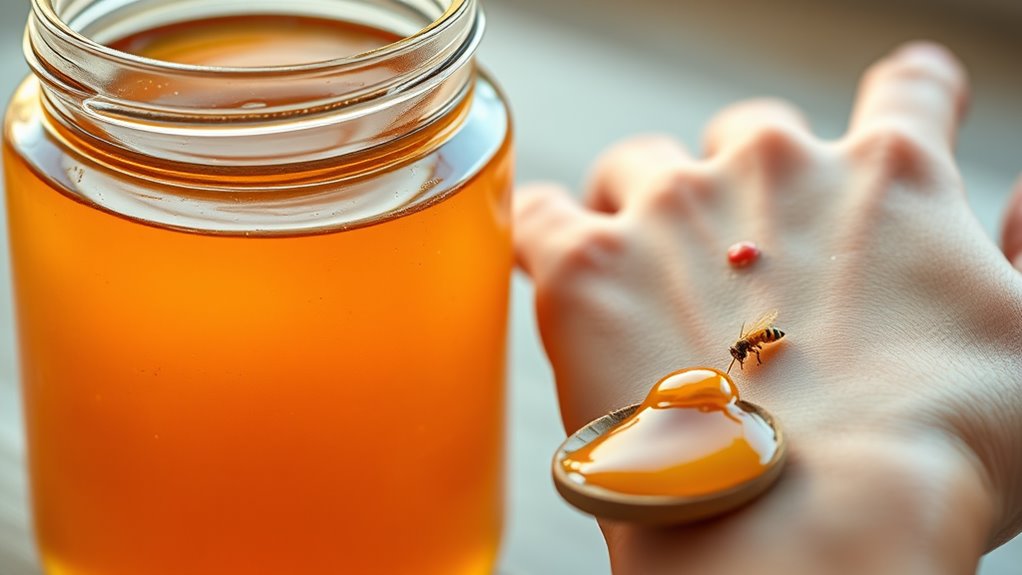When to Seek Medical Attention
Although most wasp stings can be managed at home, there are times when seeking medical attention is crucial.
If you experience severe pain, swelling that spreads beyond the sting site, or difficulty breathing, don’t hesitate to call for help. These symptoms can indicate a serious allergic reaction, which requires immediate medical intervention.
Additionally, if you notice signs of infection, like increased redness, warmth, or pus, it’s important to consult a doctor.
Trust your instincts—if something feels off, it’s better to err on the side of caution. You’re not alone in this; many people face similar situations.
Preventing Future Wasp Stings
While you can’t completely eliminate the risk of wasp stings, there are effective strategies to reduce your chances of getting stung.
By taking a few simple precautions, you can enjoy the outdoors with confidence and peace of mind.
- Avoid bright colors: Wear neutral-toned clothing to minimize attraction.
- Keep food covered: Always store food in sealed containers when outside.
- Seal entry points: Check your home for openings and seal them to keep wasps away.
- Stay calm: If you encounter a wasp, remain still and avoid swatting; sudden movements can provoke them.
